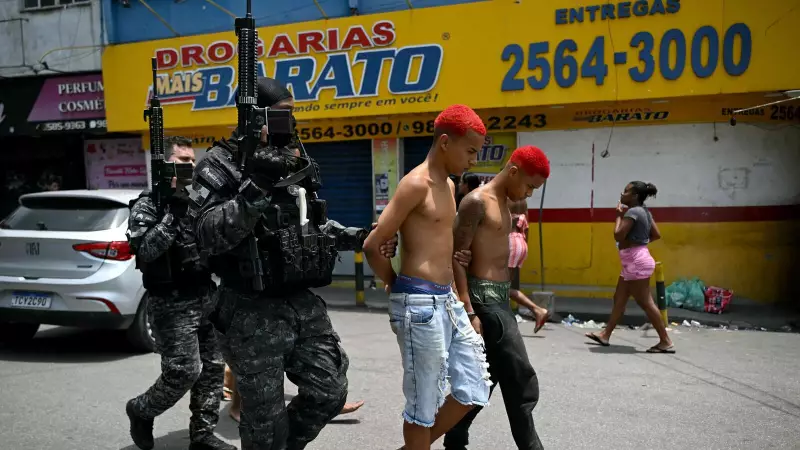
In what's being described as the deadliest police operation in Brazil's history, a massive raid on Rio de Janeiro's favelas has left at least 64 people dead, creating scenes of warlike chaos in the densely populated neighborhoods.
The Operation That Shook Brazil
A staggering force of 2,500 police officers stormed the Jacarezinho and neighboring favelas in an operation that authorities claimed targeted drug trafficking networks. However, the scale of violence has drawn immediate condemnation from human rights organizations and sparked nationwide debates about police tactics.
What Triggered the Massive Police Action?
The raid was reportedly launched following intelligence about the activities of the Comando Vermelho (Red Command), one of Brazil's most powerful drug cartels. Police sources indicated they were targeting the group's leadership and infrastructure within the favelas.
The Human Cost
Eyewitness accounts describe terrifying scenes as residents found themselves caught in the crossfire. The death toll includes:
- Alleged drug traffickers and gang members
- Several bystanders caught in the violence
- At least one police officer among the fatalities
International Reaction and Local Outrage
The operation has drawn sharp criticism from human rights groups, with Amnesty International calling it "one of the deadliest police operations in Rio's recent history." Local residents and activists have taken to social media and streets to protest what they describe as excessive use of force.
Broader Implications for Brazil
This incident raises serious questions about:
- Police militarization in Brazilian cities
- The ongoing war on drugs strategy in Latin America
- Human rights protections in marginalized communities
- Public security policies under the current administration
The Brazilian government has defended the operation as necessary to combat organized crime, but the staggering death toll ensures this event will remain at the center of security policy debates for the foreseeable future.





